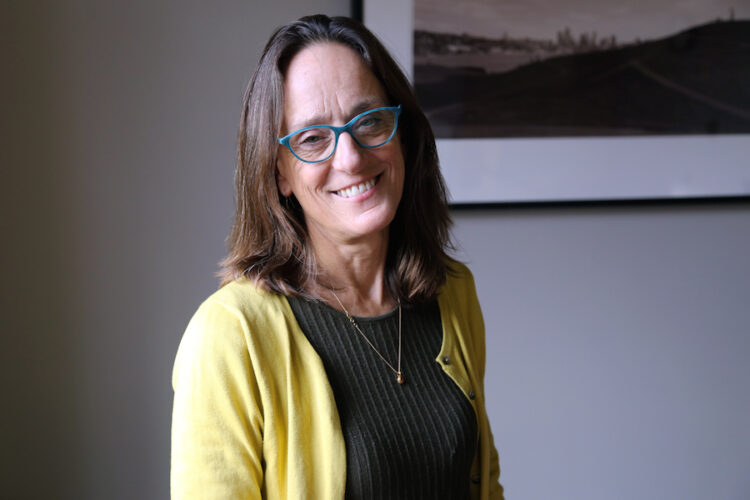
In June 2022, Professor Thaïsa Way will be retiring and redirecting from the Department of Landscape Architecture at the University of Washington as she pursues her work at Dumbarton Oaks Research Library and Collections, a research institute of Harvard University. Since joining the faculty in 2007, Thaïsa has served as educator, mentor, and friend to many – consistently encouraging all of us to look to the past to help frame and inspire the future. Throughout her career, Thaïsa has critically interrogated the Western canons of urban and landscape history to both broaden the reach and diversify the voices of histories that have shaped our designed landscapes and cities.
She is well known for her publications and lectures on feminist histories in landscape architecture and public space in cities drawing from her first book Unbounded Practices: Women, Landscape Architecture, and Early Twentieth Century Design (University of Virginia Press 2009) which was awarded the J.B. Jackson Book Award in 2012. She followed with another book, From Modern Space to Urban Ecological Design: the Landscape Architecture of Richard Haag (University of Washington Press 2015), exposing many under-explored narratives of post-industrial cities in relation to the practice of landscape architecture and has since collaborated on several edited volumes and monographs, as well as many scholarly journal and professional publications. As part of her work, she was named the 2015-2016 Garden Club of America Fellow in Landscape Architecture at the American Academy in Rome advancing a project, Drawing Histories of Landscape Architecture, before returning to UW to establish the drawing seminar and workshop series in the Department of Landscape Architecture which invites artists and creative practitioners to explore drawing as a creative, but more importantly critical practice for advancing design thinking and investigation.
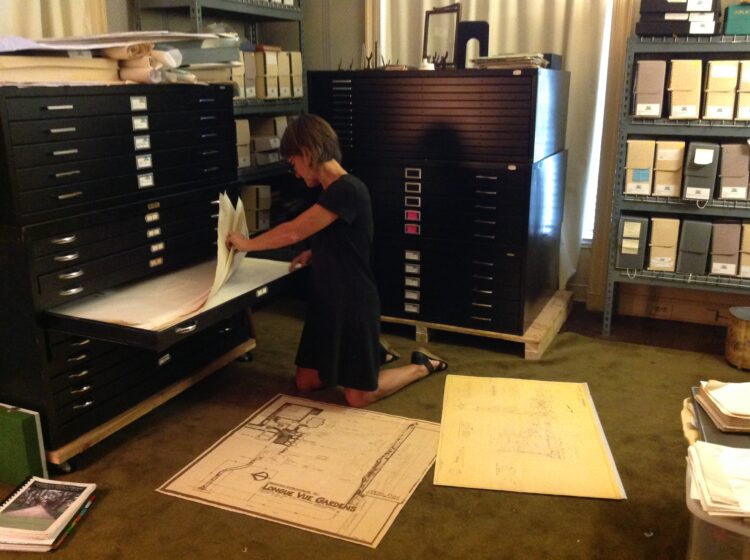
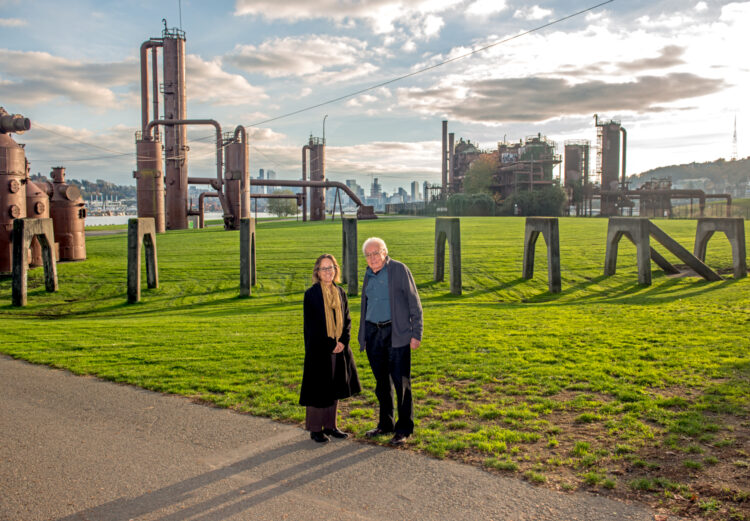
Throughout her time at UW Thaïsa continually revealed her commitment to community building and service. In 2018, Thaïsa was elevated to American Society of Landscape Architecture (ASLA) Fellow, and has served as a member and chair of the jury for the ASLA professional awards, a design reviewer, history consultant, and collaborator for numerous projects, all with the intention to build stronger democratic and equitable practices to improve our public realm.
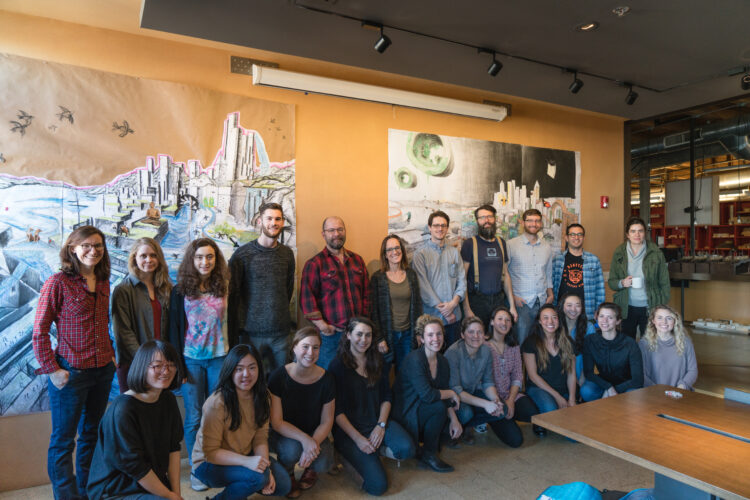
With a strong commitment to the public university, Thaïsa was an adjunct in the Department of Architecture at the CBE as well as in the Department of History in the College of Arts & Sciences and in the Evans School of Public Policy and Governance. Thaïsa served as Chair of UW Faculty Senate, as well as Chair of the Senate Committee on Planning and Budget from 2016 to 2019. She led the project to curate the Faculty in 2050 report as well as to envision the Liberal Arts in the 21st century. Engaging with faculty, staff, and students across the university and the region, she sought to strengthen the role of the public university and higher education in the public realm and in the stewardship of our democracy.
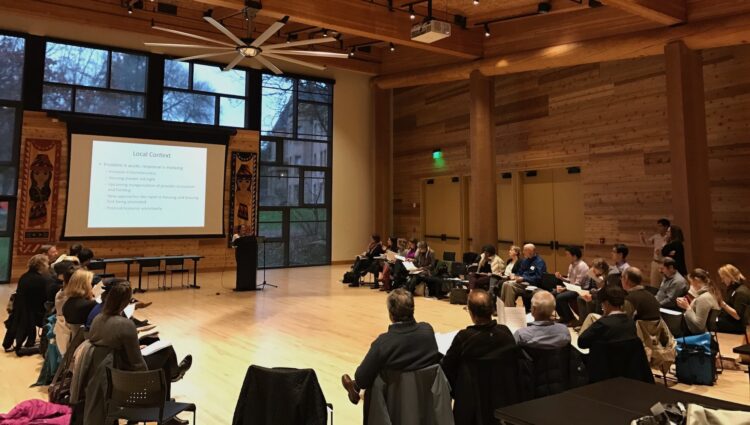
Always invested in connecting people and ideas, Thaïsa founded Urban@UW in 2015 as an opportunity to bridge the diverse perspectives and research by faculty and others on cities from across the University and beyond to establish common ground from diverse perspectives. Building on collaborations with faculty from across CBE as well as the Humanities, Social Sciences, and professional schools, Urban@UW sought to redefine how the university contributes to our collective futures. Thaïsa led the program as Director until 2019 when she took a leave of absence from the UW to pursue an opportunity as Director of the Garden and Landscape Studies Program at Dumbarton Oaks in Washington D.C., a research institute under the stewardship of the Trustees of Harvard University. In the next phase of her career, Thaïsa will be continuing to advance her work with Dumbarton Oaks in an effort to support, mentor, and advance the scholarship of emerging and established historians and educators in pursuing a more diverse and inclusive approach to understanding the history and future of our built environments.
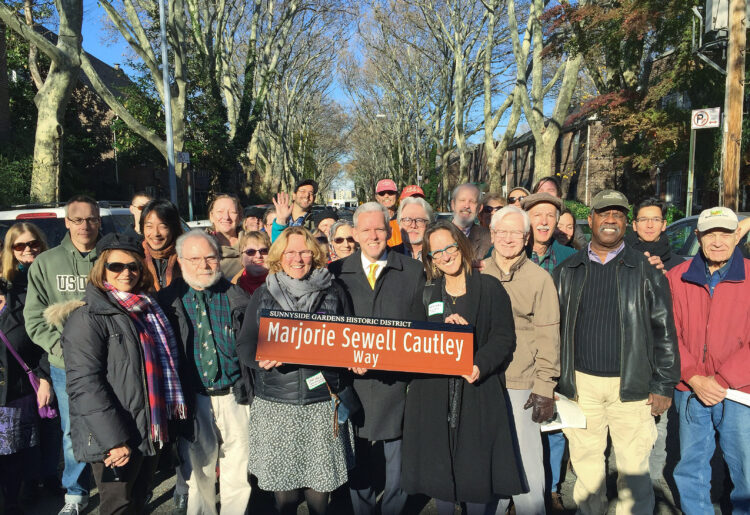
We thank Thaïsa for all that she has provided to our students, our department, college, and university community.
